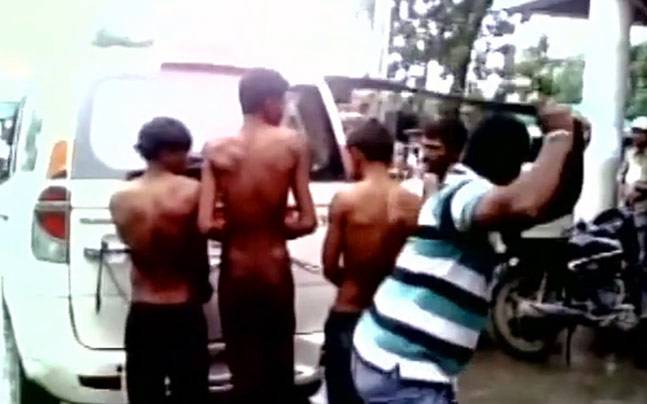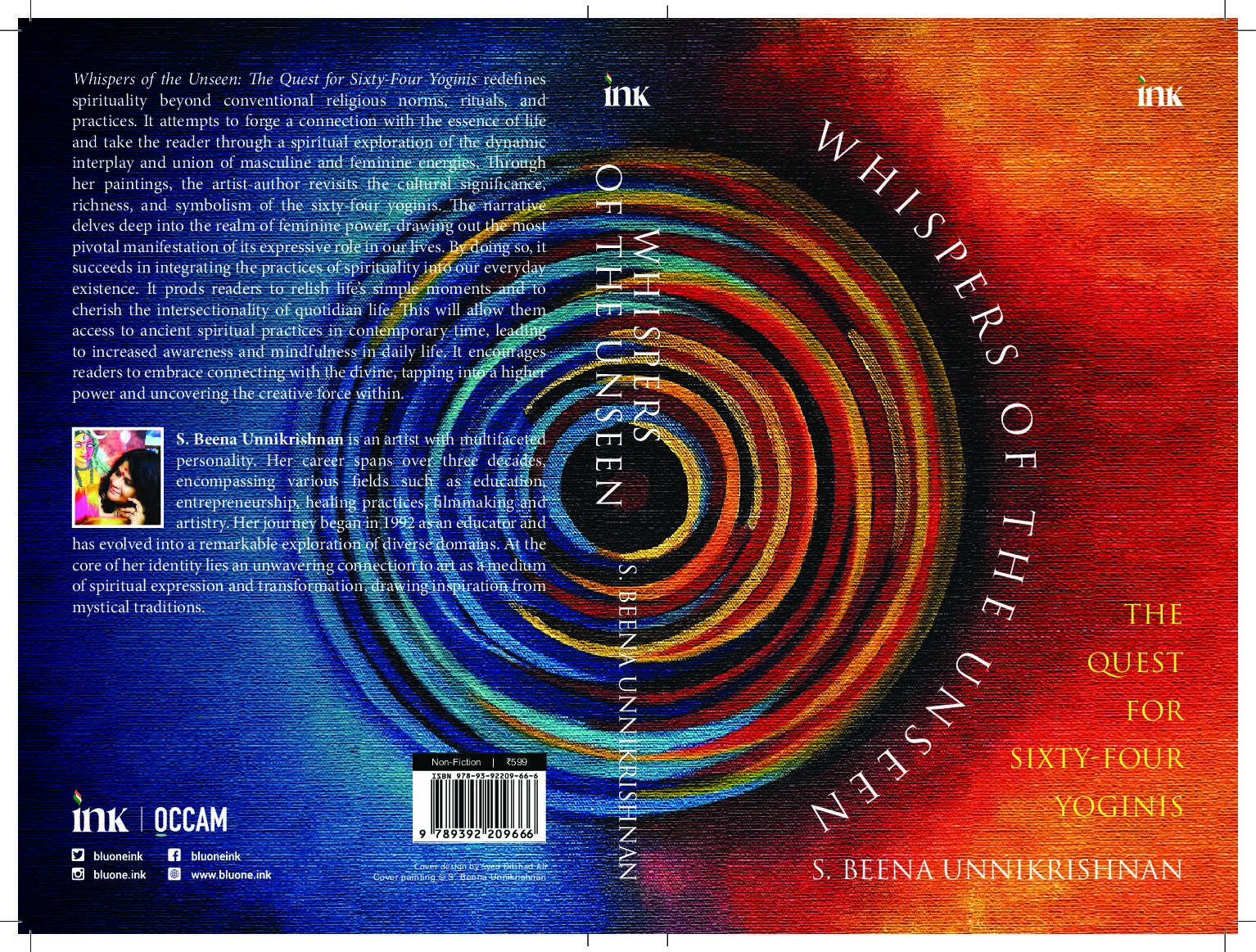Hindutva cowboys and government’s narcissism
Ravi Shanker Kapoor | July 22, 2016 9:01 pm

On the face of it, it is astonishing that the Sangh Parivar, including the Bharatiya Janata Party, failed to perceive the simmering discontent among Dalits. How could saffron leaders, with a myriad of arms and front organizations working on the ground, have missed a gathering storm in so many states if not across the country?
However, a closer scrutiny of the social and economic conditions prevailing after Narendra Modi became Prime Minister would reveal that there is little astonishing about the turn of events. After getting unanimously elected the leader of the BJP Parliamentary Party by the newly-elected Lok Sabha members and those of Rajya Sabha, Modi had said on May 20, 2014, “By giving BJP an absolute majority, they have voted for hope and trust. People have voted for hope and faith, and I will do everything to fulfill their aspirations.”
That’s right. Hope, faith, and aspirations were the leitmotifs of his victory—especially, as he himself had said, for the poor and the oppressed: “The new government will dedicate itself for the poor, crores and crores of youth, and for the safety and security of the mothers and sisters, those in the rural areas, and the oppressed and the deprived.”
The achhe din (good days) that he promised were essentially predicted upon administrative, police, judicial, and economic reforms. In short, a sea change in the grammar of statecraft and bold liberalization were the prerequisites. None has taken place.
An excessive emphasis on welfarism over the decades has eroded the rule of law, especially in areas beyond the reach of the big media. To make the matters worse, the incidence of crimes against Dalits is very high in BJP-ruled states; indeed, Rajasthan tops the list. BJP spokespersons keep talking about ad nauseam about the atrocities on Dalits in the states ruled by other parties, but ‘your record is worse than mine’ is never a good argument. Besides, all politicians made big promises, but people trusted Modi, so his answerability is more than anybody else’s.
But what is happening in his own state? At Una in Gujarat the goons of the cow protection committee thrashed four Dalit boys in broad daylight, leading to a call for a statewide bandh, violent protests, and suicide attempts by many Dalits.
The Dalits, who invariably find themselves at the bottom of all socio-economic indices, voted for Modi to end or at least mitigate the severity of jungle raj that prevails in the vast swathes of our country. They, and others, weren’t interested in a cow-based economy, the antics of Hindutva cowboys, or India becoming a vishwa-guru. Generally, people’s philosophy is simple, nicely expressed by Margaret Thatcher: “an honest day’s work for an honest day’s pay; live within your means; put by a nest egg for a rainy day; pay your bills on time; support the police.”
In the Indian context, another proviso has to be added: a functional administration and a sound justice system. This is what Modi has failed to do. Of course, one can’t do wonders in two years, but a beginning can surely be made; if any beginning has been made, it is not perceptible.
As far as the economy is concerned, Modi has not only not carried out big-ticket reforms he has even expressed his unease with such measures. In an interview to Wall Street Journal on the completion of his two years in office, he said, “When I came to the government, I used to sit down with all the experts and ask them to define for me what is the ‘big bang’ for them. What are the reforms that they think would be categorized as ‘big bang?’ I am sorry to say, but nobody could tell me clearly what was the ‘big bang’ that they were looking for.”
So, there have been no major liberalizing moves in labor laws, agriculture, public sector, and other critical areas. Prospective investors, who had expected bold measures from the Modi regime, are unimpressed; many have been positively disappointed. The government keeps boasting about high growth, the rising foreign direct investment, and favorable remarks made by the IMF and others, but all this has had no bearing on the lives of Dalits, the poor, etc. While the promise was of one crore jobs a year, the reality is just about two lakh.
But the government is blissfully unaware of not only the failures of its own policies but also the resentment they are resulting in. Some ago, Arun Shourie accused Modi of narcissism; one may or may not agree with the former journalist and statesman but it is incontestable that the ruling dispensation is indeed narcissistic. Smug with its electoral victories in the last 36 months and the incompetence of Rahul Gandhi, and in love with its own rhetoric and populism which BJP leaders believe are revolutionary, those who matter seem convinced that they would be in power for a very long period. What is needed, they believe, is a bit of social engineering, the balancing of caste equations, and tons of tokenism—the same things that other parties have been doing for ages.
But, as I mentioned earlier, people expected more from Modi; gradualism, however efficient, doesn’t satisfy them; they are getting impatient. This is the reason that the frustration of Dalits has boiled over. The vulgar remarks made by a BJP leader about Mayawati, the demolition of Ambedkar Bhavan in Mumbai last month, and the earlier Rohith Vemula suicide are just episodes in the narrative of growing Dalit, and general, discontent.
The Congress ruled the country for over half a century, often fooling the people with false promises, misinformation, and tokenism. But this is the 21st century—the age of instant communication, mass media, and social media. Equivocation fast gets exposed, misinformation is immediately countered, and tokenism is in any case leaves little impact. Five new Dalit ministers in the Modi ministry have surely done little to endear the government to the community at large.
The lesson to be learnt for the Modi regime is that grand speeches, jamborees, populist schemes, and symbolism are no substitute for governance and economic reforms.































